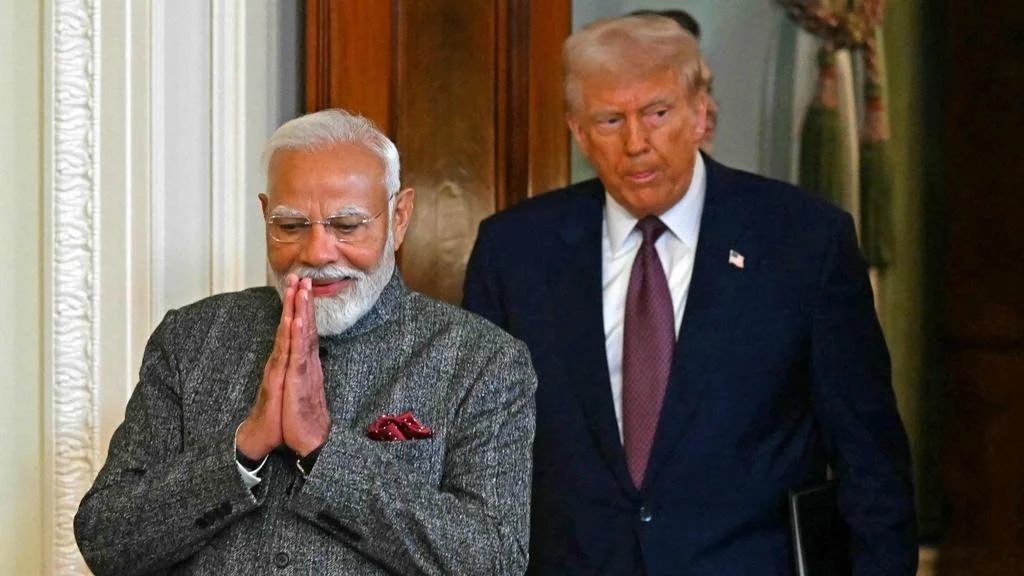US-India Relations: A Shifting Landscape
It was not too long ago that the leadership in the United States extolled India’s democratic credentials and its open market economy, making it a natural partner in the world of geopolitics. The strategic thinkers in Washington agreed that India is the centerpiece in their strategy to contain the rise of China.
The relations between the US and India hence acquired the title of being the consequential partnership of the century. However, the recent actions of the Trump administration, sanctioning India for its purchase of oil from Russia, reveal that the US is willing to put these relations at risk and present a superpower that is running out of patience against its rivals. And New Delhi has caught itself right in the middle of this imperialistic behavior by a superpower, which is fast losing its credibility amidst its partners.
In sanctioning India for its relations with Russia, President Trump is using India as a pressure point to nudge Russia towards a deal, while at the same time dangling the carrot to Putin by showing willingness to accommodate Russia’s conditions to reach a middle ground to end the war. In this way, the US seeks to wean Russia away from the influence of China, at the cost of neglecting the demands of its traditional allies in Europe. The US president also sees this as an opportunity to weaken the BRICS grouping, seen as a threat to the US-led financial system. In executing this strategy, Trump is likely to hope that the Chinese challenge can be contained and the inevitable competition can be prevented from spiralling.
This is evident in the fact that the US is already avoiding circumstances that could lead to an open confrontation with Beijing. For New Delhi, such a change in strategy undermines not only its relations with the US but also its strategy against China. In what is not a direct consequence, New Delhi has been warming up to Beijing in light of its economic needs for its growth as a manufacturing power. The current state of relations with the US also allows India the space to engage Beijing more in-depth.
However, beyond the optics, there are reasons why New Delhi would not be too optimistic about the revival of the RIC (Russia-India-China) trilateral given their overall relations with the US. New Delhi understands that its future lies with the West, which includes Europe, and that the relationship cannot be held hostage to Russia’s actions in Ukraine.
Though it values its relations with Russia, India very well knows its limits and how it cannot afford to neglect the security concerns of Europe, where it has major bilateral partnerships. Second, its own relations with China, though stabilizing and improving, have their own issues in terms of trade and investment, as China’s strategic views do not accommodate India’s rise.
Therefore, India will use its relations with Russia and China to hedge and to enhance its strategic autonomy but will invest in its relationship with Europe a lot more. In its relations with the United States, New Delhi will be looking to reposition itself in the medium term and will likely watch out for the evolution of ties between the US and China.
By: Harisundar Kumar, Emerging Scholar, IPSC and Master’s student in International Relations at SOAS University of London, United Kingdom


